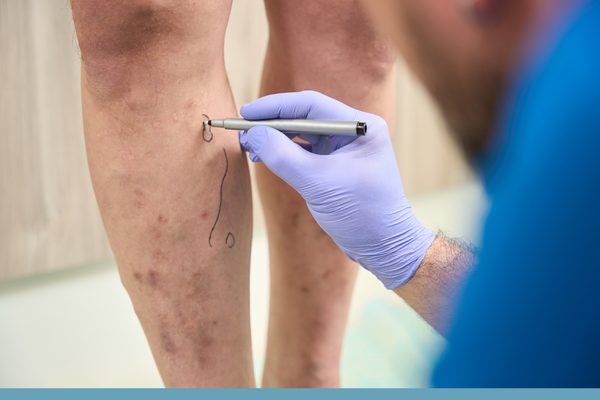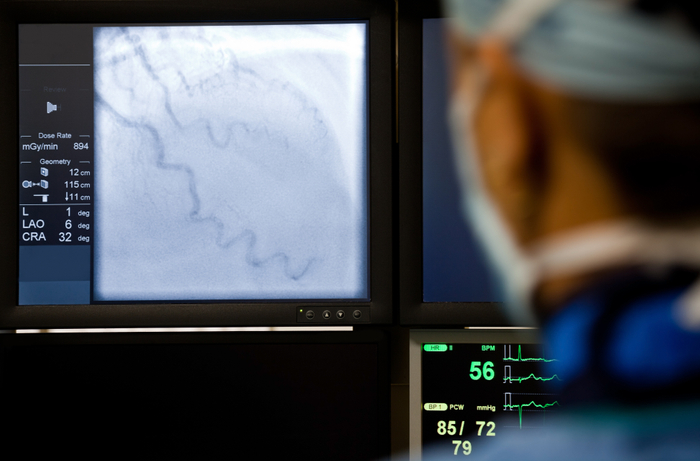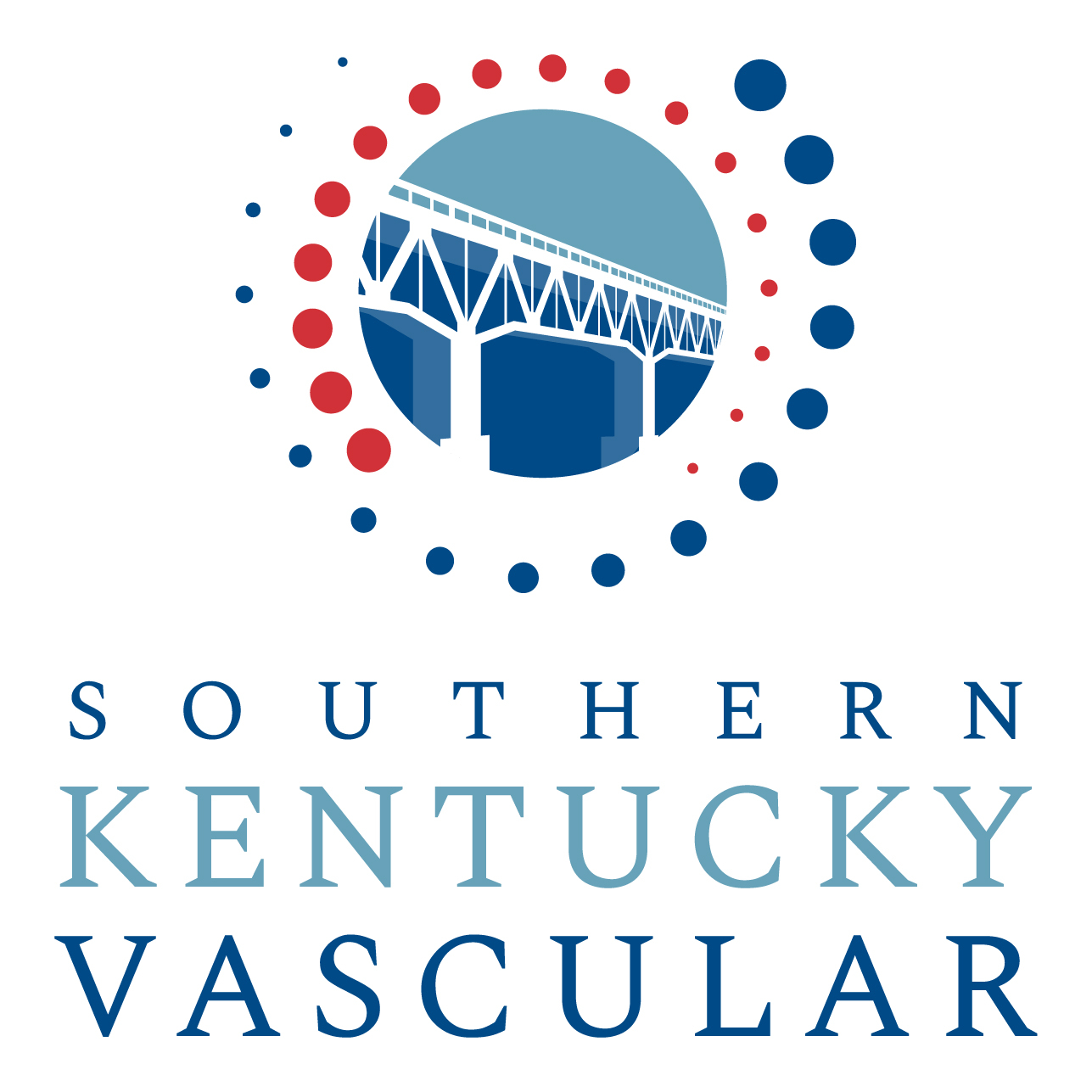When Is Vascular Surgery The Right Choice?
When Is Vascular Surgery The Right Choice?
Are You a Candidate For Vascular Surgery?

At Southern Kentucky Vascular, we understand that vascular surgery plays a crucial role in diagnosing and managing various vascular diseases. Despite its significance, many patients and some healthcare providers may overlook this specialty, often relying solely on prescriptions to address vein issues rather than considering surgical options. Our experts aim to educate healthcare providers about the critical moments when vascular surgery is the appropriate treatment choice, showcasing innovative solutions that go beyond traditional medication.

Understanding Vascular Disease
Vascular diseases are incredibly common, but awareness around them is suspect. More than one-fourth of Americans (29%) have not heard of any major vascular conditions. Symptoms can range from leg swelling and persistent pain to more severe complications such as strokes. It is essential for physicians to recognize that any concerning symptoms related to blood vessels warrant a referral to a vascular specialist.
The Importance of Early Intervention
Delaying care can have dire consequences; vascular diseases can lead to life-altering complications, including amputations and cardiovascular events. In fact, studies show that nearly one in three Americans (29%) would wait weeks to seek care for persistent leg pain, a common sign of vascular disease. Providers must emphasize urgency when it comes to consultations with a vascular doctor, as early diagnosis and treatment can prevent worsening conditions.
Expediting Recovery with New Techniques
Recent advances in vascular surgery have dramatically changed the landscape of treatment options available, allowing patients to recover from procedures much faster than in the past. Some notable techniques include:

Endovenous Laser Ablation (EVLA)
This minimally invasive procedure uses lasers to treat varicose veins. It typically requires little downtime, allowing patients to return to normal activities quickly.

Carotid Endarterectomy
This procedure removes plaque from the carotid arteries to reduce the risk of stroke. By restoring healthy blood flow, patients can experience significant improvements in their vascular health.

The Role of Vascular Specialists
Understanding the value of vascular specialists is crucial for optimal patient care. Vascular specialists focus on the comprehensive care of vascular diseases, offering tailored treatment plans that may include lifestyle changes, medication, or surgery. Their expertise ensures that patients receive the most effective and specific management for their conditions.
Vascular specialists also play a vital role in educating patients about the conditions affecting them, ensuring they are aware of when to seek surgical intervention rather than relying solely on non-invasive treatments. For example, patients suffering from chronic venous insufficiency may benefit from surgical options that can conclusively address the root cause rather than relying on vein supplements or compression stockings.
Patient Education and Awareness
There exists a significant knowledge gap concerning vascular health. Recent survey results reveal that 63% of Americans have not talked to their healthcare providers about their risks for vascular disease. This gap in communication can leave many patients unaware of the need for specialized care. Encouraging education on vascular conditions and treatments should be a priority for all healthcare providers.
By informing patients about the various vascular diseases and their associated risk factors, including tobacco use and obesity, healthcare providers can promote proactive measures. For instance, tobacco users should be made aware that over one-third (36%) have never had discussions about their vascular risk with their providers, leaving them at an increased risk of complications.
Addressing Common Misconceptions

Misconception: Surgery is too risky and should be postponed.
Truth: With modern advancements, vascular surgery is safer than ever, significantly reducing associated risks. Many procedures are performed on an outpatient basis.

Misconception: Vascular conditions can be managed solely through medications.
Truth: While medications assist in managing symptoms, they do not address the underlying issues; surgical treatments can provide long-term results -- often very quickly.
Consult With Our Vascular Specialists
At Southern Kentucky Vascular, we encourage doctors and patients to talk about vascular health. By staying informed about advancements in vascular surgery and understanding the appropriate settings for surgical intervention, healthcare providers can significantly improve the quality of care for patients facing vascular diseases.


